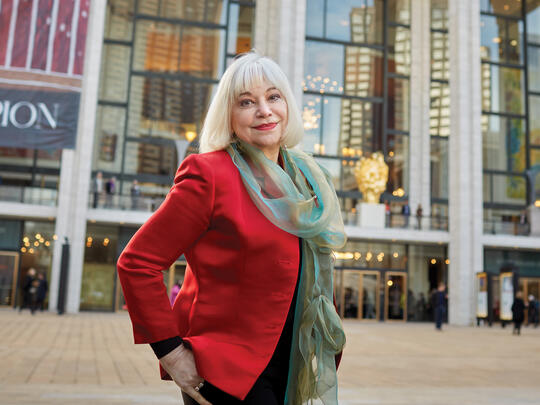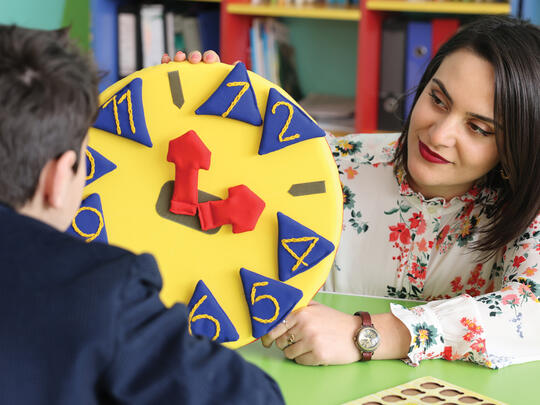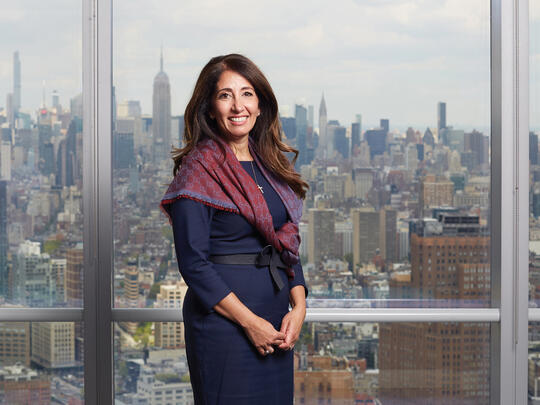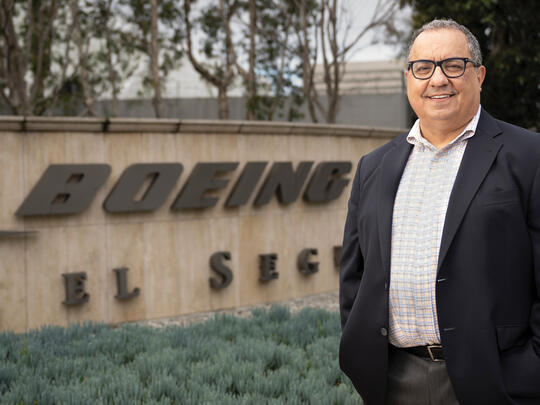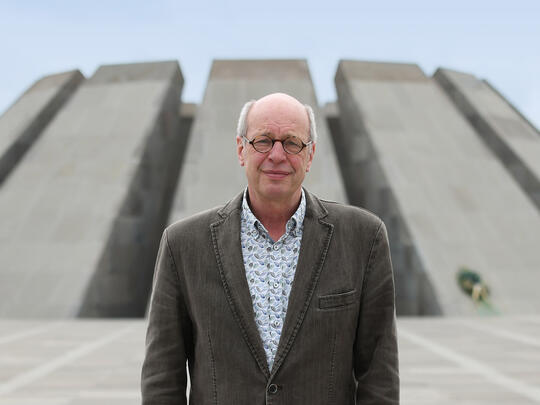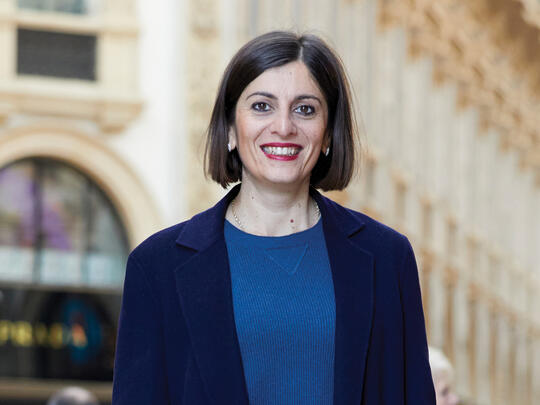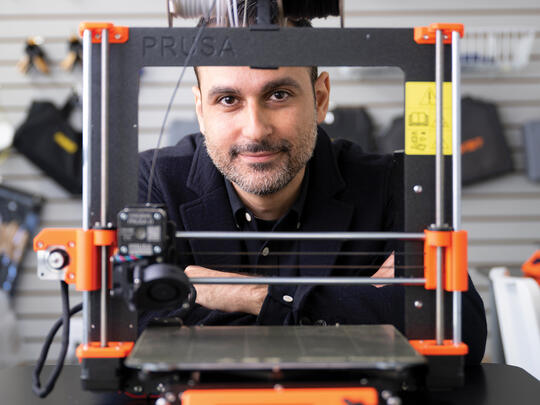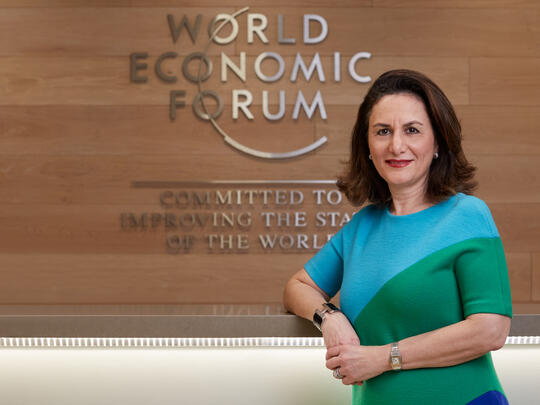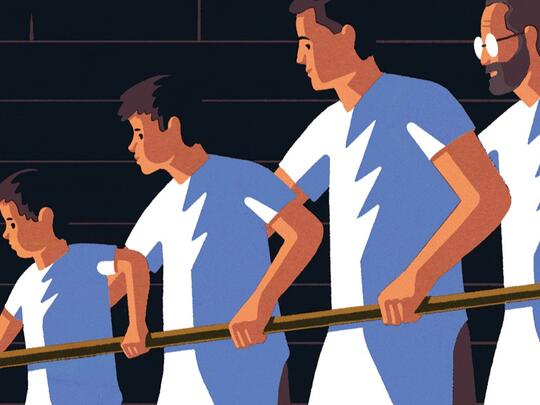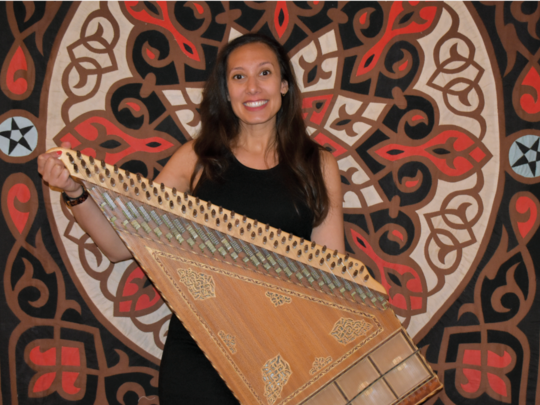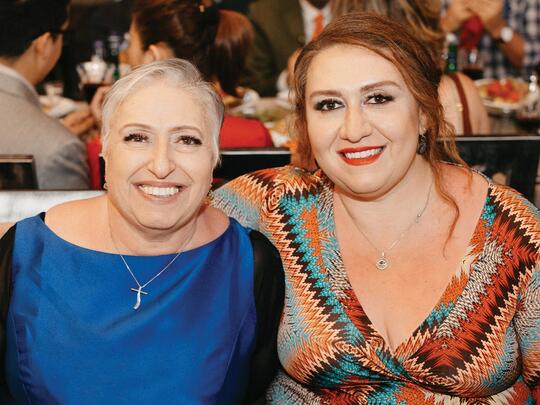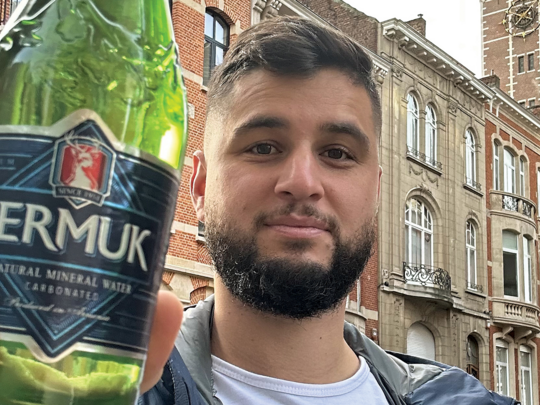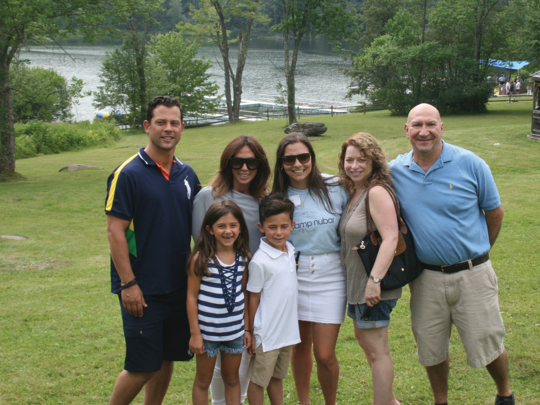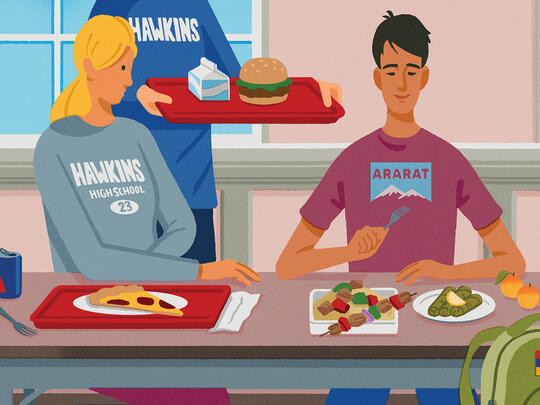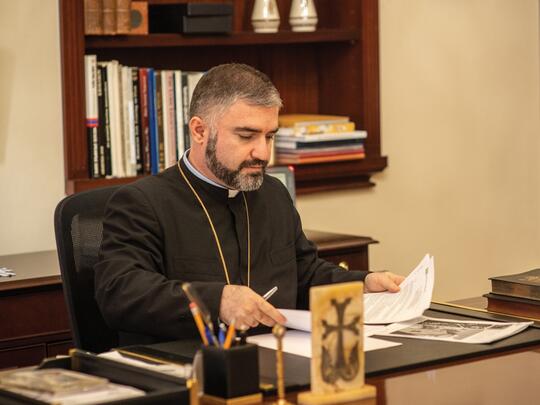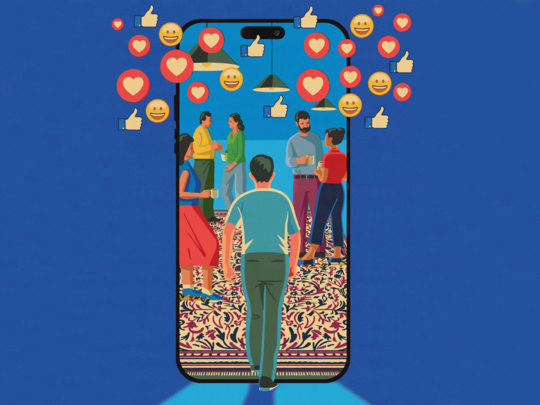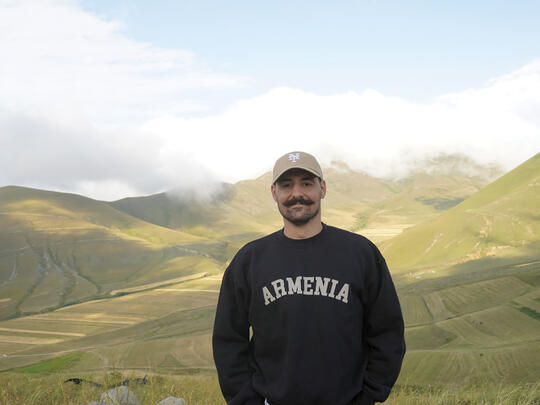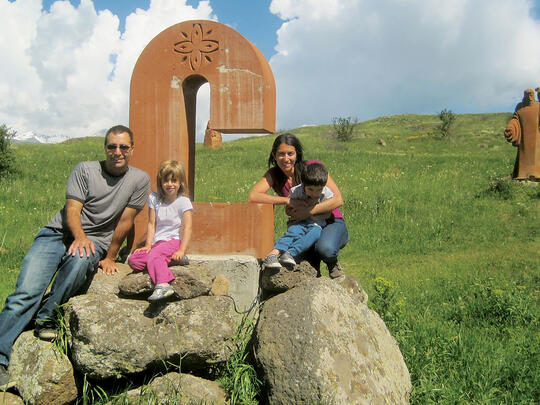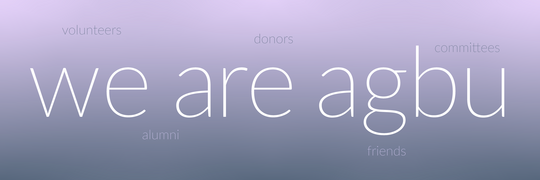
Science Practiced as Art
Dr. Vatche Agopian
In retrospect, AGBU MDS, as a microcosm of life, prepared me for my subsequent journey. Being an alumnus has really served me well, both professionally and personally. Compassion, empathy, patience, bonding, compromise, problem solving, facing challenges, fighting through struggles –these are all skills that I learned at MDS. What is more? For me – it led me to my life-long partner, my son, and of course life-long friends.
After graduating from AGBU Manoogian-Demirdjian School in 1994, Vatche attended UCLA and studied Physiology and Philosophy, graduating with a double major in 1999. He attended medical school at Columbia University in New York (College of Physicians and Surgeons). Developing a keen interest in surgery from the start, upon finishing medical school Vatche began a seven-year residency in general surgery at UCLA. After completion of his general surgery training, he pursued an additional two years of specialty fellowship training in abdominal multi-organ transplantation at UCLA. He is currently an Assistant Professor of Surgery at UCLA in the Division of Liver and Pancreas Transplantation in the Department of Surgery. Aside from his clinical and research activities in liver transplantation and hepatobiliary surgery, Vatche remains active in resident and medical student education and is the director of the surgical skills curriculum for the general surgery residents at UCLA.
What originally drew you to the field of medicine? Why did you choose it, and more specifically the field of liver transplantation?
I realized early on that medicine best embodied what I was passionate about –a discipline founded in science yet best practiced as an art. When it came to surgery, there was no close second. The prospect of using my hands to make an immediate impact on the course of disease and one’s life is exciting and very humbling. Perhaps liver transplantation epitomizes this best. From the surgical standpoint, liver transplantation is a technically challenging and exciting specialty that always demands exquisite attention to detail in the operating room. More importantly, however, is the degree of illness in the patients we treat. Oftentimes, patients come to us having exhausted all other medical therapy, hoping that a life-saving organ can become available in time. It is an absolute privilege to be entrusted by patients and their families to accompany them on their difficult journey. Watching critically ill patients make remarkable recoveries to have a second chance at life is certainly the most gratifying aspect of my job –something I’m honored to be a part of.
You double-majored in Philosophy and Physiological Sciences. How has your interest and background in philosophy played into your role as a doctor?
My interest in philosophy started purely as an attempt to study something that was fundamentally different from the “hard science” of physiology and medicine. I enrolled in a logic course simply to fulfill an elective in the humanities. Soon came Kant’s Critique of Pure Reason, and before I knew it I was studying David Hume’s Moral Philosophy and was catapulted into this new and exciting world. I chose to double major in philosophy, and the more I studied, the more I realized how complementary philosophy and medicine actually are. As physicians, we are faced with ethical and moral dilemmas on a daily basis. In transplantation in particular, we face the very difficult task of evaluating potential transplant candidates and determining their suitability for transplantation. I draw on these philosophical concepts of utility and justice on a daily basis, as we are handcuffed by a critical shortage of donor organs and have to make decisions equitably.
How would you advise a student who is interested in pursuing a career in medicine?
The most important piece of advice I can give to anyone interested in a career in medicine is to pursue it because you love the science and you are passionate about helping people. Volunteering in patient-care related activities early on allows you to appreciate what the field of medicine is really about. Perseverance is the key. This is true in any field, but particularly in medicine, where one has to make many personal sacrifices along the way. Despite the grueling hours during medical school and post-graduate training, I never woke up dragging my feet to work. If you can find the field that excites you and that you love, you’ve won the game.
Name someone –a role model– who has had an impact on your life and the decisions you have made.
My father truly is my role model and has made a significant impact in my life. After losing his own father at the age of five, he was raised by my beloved grandmother with the aid of an Armenian orphanage in Lebanon. He excelled in school and graduated with a degree in chemistry from the American University of Beirut. Despite his ambitions to study medicine, the financial constraints of the time and the need to support his family required him to make personal sacrifices. Perhaps this was serendipitous, because he found his true passion in teaching.
For nearly fifty years, he has dedicated his life to teaching thousands of young Armenian students, instilling in them a love of science and lifelong learning. The personal sacrifices he and my mother have made are directly responsible for the world of opportunity that I have been afforded. Perhaps most importantly, he has always been available to his family despite his incredible dedication to his career and the Armenian community. As a young professional with a family of my own, he has inspired me to strive towards that same harmony and balance he has so effortlessly achieved in his life.
Please note that archived content may appear distorted as it has been stripped of formatting and original images.


